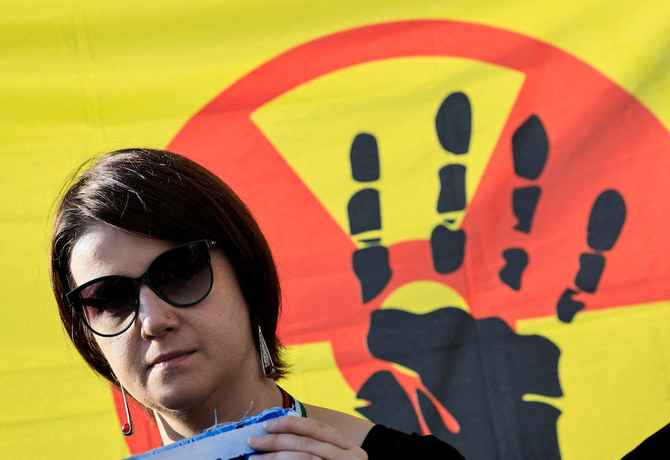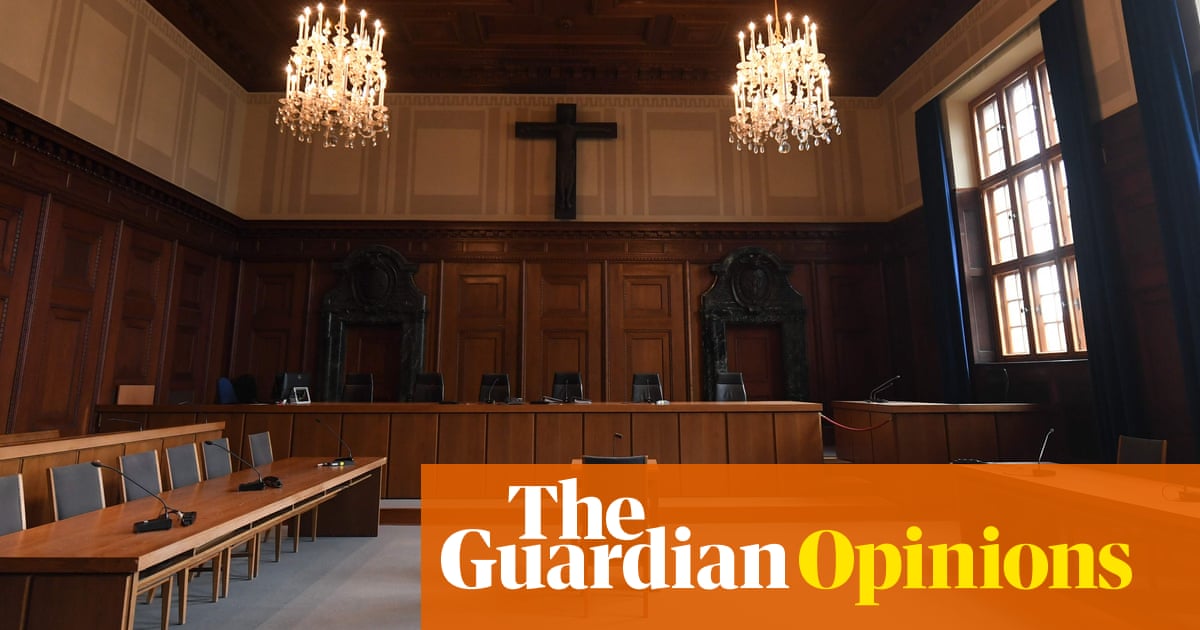
artin Luther King Jr once said: “The arc of the moral universe is long, but it bends toward justice.” So, too, we are told that discriminatory ignorance resides with the older generation and that the next will usher forth a more inclusive world. Sadly, as an educator, I know that this isn’t the case. Increasingly, young people, perhaps disenfranchised by broader social inequality, are rejecting multiculturalism and aligning themselves with racist views.
Education will always remain a key instrument for disarming ignorance and bigotry. Both the 1999 Macpherson report, published in the wake of the racially motivated murder of Stephen Lawrence, and the 2020 Windrush Lessons Learned review strongly recommended that black history occupy a more integral role in school syllabuses. Sadly, 20 years on from the Macpherson report there have been no significant advancements.
British history within our education system remains filtered by a deliberate amnesia – the country’s persecution of black people in pursuit of the empire is largely omitted and black history is erased. The abolition of slavery is taught in some secondary schools, but not the UK’s role in profiting from the transatlantic slave trade and its atrocities against citizens of colonised lands, such as the crushing of the Mau Mau uprising in Kenya. Furthermore, the positive contribution of black people is largely ignored, presenting them as oppressed subjects, rather than agents of change contributing to the development of modern Britain. British history of events such as the second world war centres the white British experience, and this implicit hierarchy determines what narratives and bodies of knowledge come to be seen as “authentically” British. The proliferation of discourses saturated in nostalgia and nationalism have been a central tenet in the mobilisation of today’s hostile environments.
The residual effects of that persecution and erasure are still keenly felt today by black communities who consistently encounter institutional racism in all its insidious manifestations, for example the disproportionate use of stop-and-search powers and deportation. The distorted and historically inaccurate version of British history fails to equip British people with the knowledge to understand this racism, and contributes to a rhetoric that has an impact on the potential for social harmony in a society composed of different nationalities and heritages. If the teaching of feminist history is consigned to the largely white suffragette movement, the contributions of black feminists such as Olive Morris are omitted. If children learned about these contributions they might better understand intersectionality, and be vigilant toward present-day manifestations of misogynoir such as Diane Abbott’s treatment on social media during the 2017 election.
The absence of a diverse curriculum that reflects black history invariably has an adverse affect on the attainment outcomes of young black people. Black students are unable to learn about their own history within a British and global context.
Crucial educational interventions such as the Black Curriculum have been integral to ensuring that the issue of black history occupies the political centre rather than residing on the margins as has historically been the case. The project, launched by Lavinya Stennett in January 2019, attempts to reimagine the future of education through black British history by providing arts-focused black history programmes and teacher training focusing on influential black figures throughout history.
But mobilising this agenda cannot remain the sole responsibility of anti-racist activists. Centralised government support is required in implementing change. The much needed reconceptualisation of British history requires a dismantling of the existing system. An inclusive curriculum that embraces black history first and foremost must decentre whiteness and the Eurocentric canon. It means telling the story of the British empire, warts and all, and adding the contributions of migrants to the postwar rebuilding effort to the story we tell about our nation’s past. The onus must not solely be placed upon schools already facing severe budget cuts as a result of austerity and the Covid-19 pandemic. Teachers must also be professionally supported to engage with black historical content and deliver these syllabuses accurately and correctly.
The promise of a more diverse and inclusive curriculum is paramount in resolving strained national and global social relations. Our past and present history informs our sense of belonging and socialisation. The acknowledgement of black communities in shaping this narrative is essential in truly reflecting a multicultural British society.
• Dr Jason Arday is an assistant professor of sociology at Durham University












